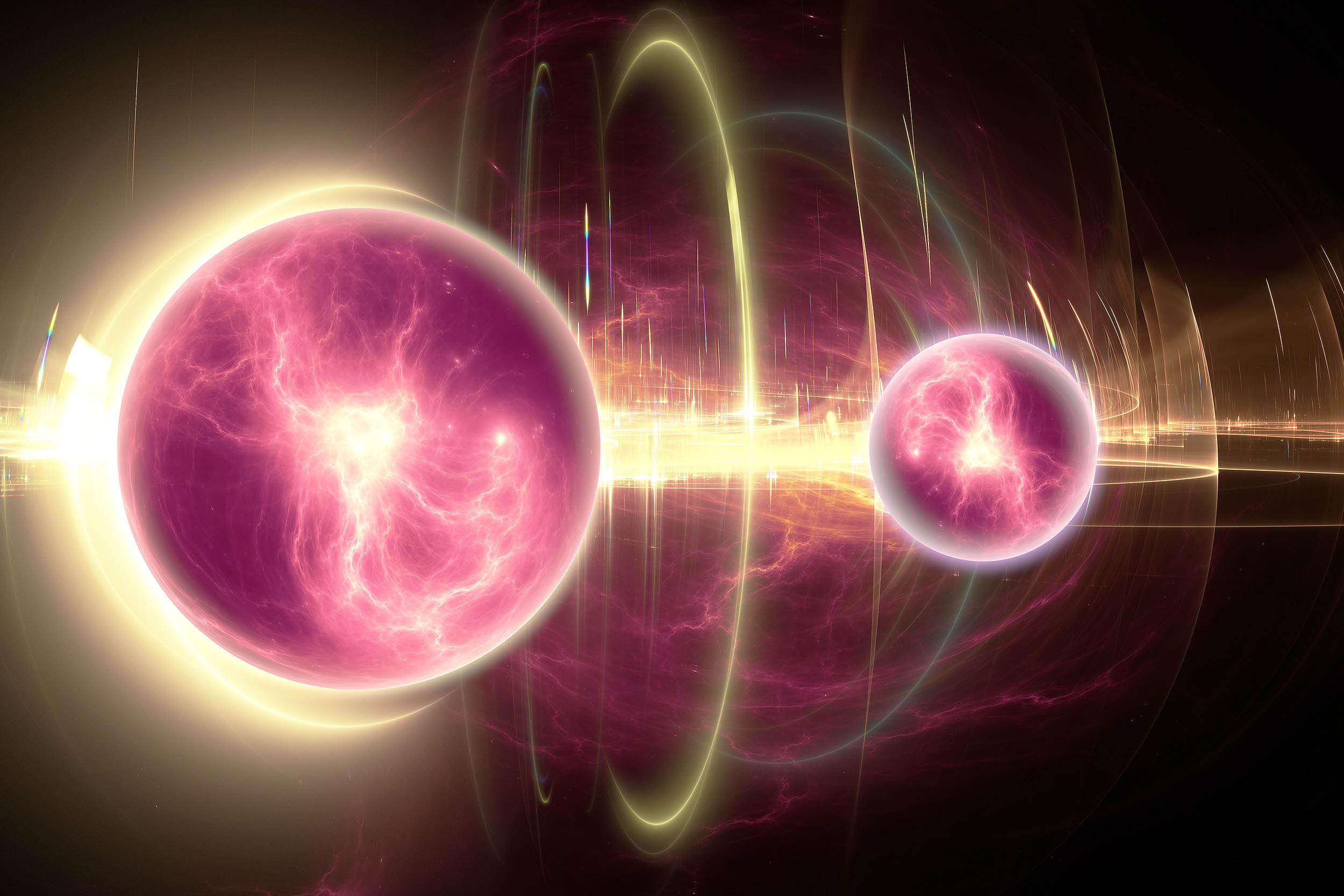You never bet against the universe. That’s one of the cardinal rules of science: in any isolated system, entropy, which measures the disorder or randomness of the system, can never decrease. It’s a fundamental law of reality, famously encapsulated in the second law of thermodynamics. But when it comes to the weird and wonderful world of quantum mechanics, things aren’t always so straightforward. However, recent research has shed light on a crucial aspect of quantum mechanics: entanglement also has its own entropy.
In the realm of quantum mechanics, taking a measurement on a particle causes its wavefunction to collapse. In this quantum world, properties are probabilistic rather than deterministic. If two particles are entangled, meaning they are part of the same quantum state, measuring one will instantaneously collapse the wavefunction of the other, even if they’re light-years apart.
This might sound bizarre and seemingly at odds with established laws of physics, but it’s a crucial aspect of how we understand the quantum world. Quantum entanglement is not just a curiosity; it’s the cornerstone of cutting-edge quantum technologies. Yet, until recently, scientists were uncertain how to reconcile this phenomenon with the principles of entropy.
To reconcile quantum entanglement with the second law of thermodynamics, researchers needed to demonstrate that entanglement transformations are reversible. While work and heat are known to be reversible in thermodynamic systems, achieving reversibility in the context of quantum entanglement is more complex.
Researchers employed “probabilistic” entanglement transformations, allowing for the creation of the reversible transformations necessary for entropy calculations. This enabled them to calculate the entropy of entanglement.
According to Bartosz Regula, one of the study’s authors from the RIKEN Center for Quantum Computing, these findings represent significant progress in understanding the fundamental properties of entanglement. They establish crucial connections between entanglement and thermodynamics, simplifying our understanding of entanglement conversion processes and offering potential applications in quantum theory and technology.
However, this is just the beginning. Further research is needed to delve deeper into the entropy of quantum entanglement and its implications. As scientists continue to explore this fascinating realm of quantum physics, they hope to uncover new insights and overcome the remaining challenges that limit our understanding.















































